If you’ve ever found yourself standing in the grocery store aisle, pondering whether to reach for the organic tomatoes or their conventional counterparts, you’re not alone. The organic vs conventional food debate has been a hot topic for years. So, let’s dig in and explore the pros and cons of each to help you make an informed decision.
Today’s Focus of Attention is reader-supported. We sometimes include products we think are useful for our readers. If you buy through links on this page, we may earn a small commission.
The Eco-Friendly Appeal
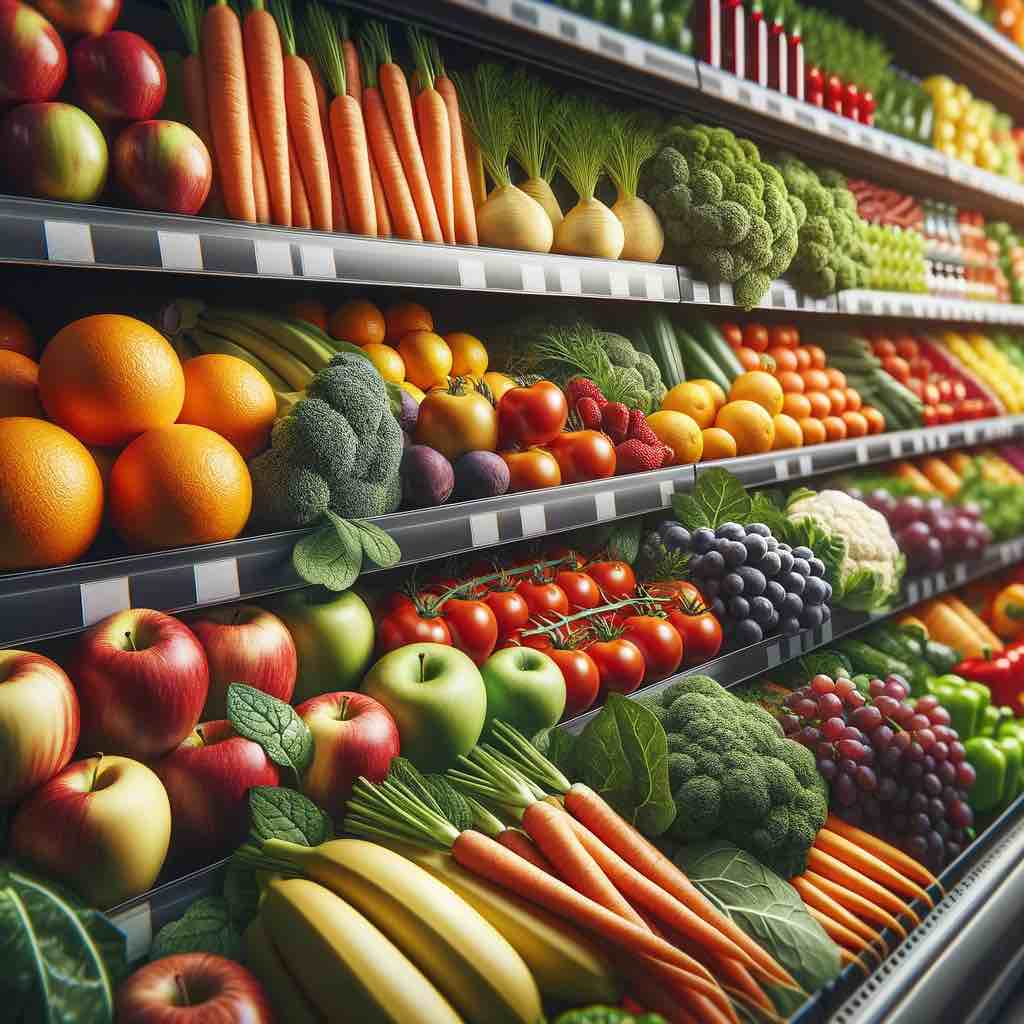
Benefits of Organic Food
- Organic farming avoids synthetic pesticides, which are harmful to both humans and the environment.
- Studies have shown small to moderate increases in some nutrients in chemical-free products, but the difference with conventional food is minimal.
- Many people claim natural foods taste better, although this is subjective.
Cons of Organic Food
- They are more expensive due to the labour-intensive farming practices involved.
- Organic produce often spoils faster because of the lack of preservatives.
Here’s a comparison list
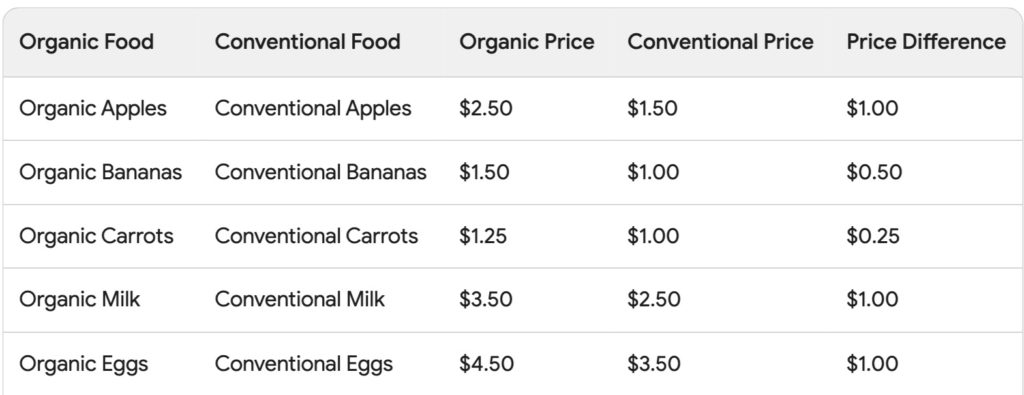
The Traditional Route
Advantages of Conventional Food
- Conventional foods are cheaper, making them more accessible to a broader range of consumers.
- Thanks to preservatives, they have a longer shelf life and are available in more grocery stores.
Disadvantages of Conventional Food
- Regular farming uses synthetic chemicals, which are toxic to the environment and yourself.
- They can hold pesticide residues, although they usually fall within safety limits set by regulatory agencies.
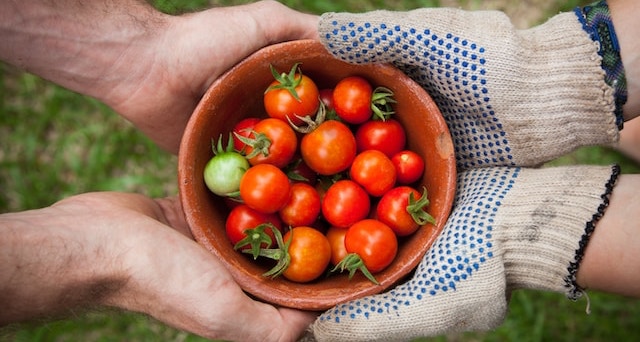
These are the most common pesticides used and their harmful effects
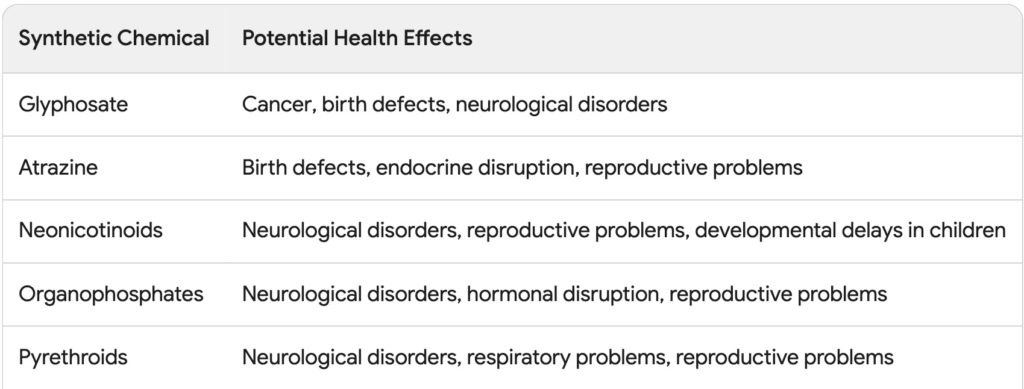
While these substances are effective in controlling pests and promoting crop yield, their health risks have led to the ban or restriction of a few of them in various countries.
Choosing Between Organic and Conventional Food
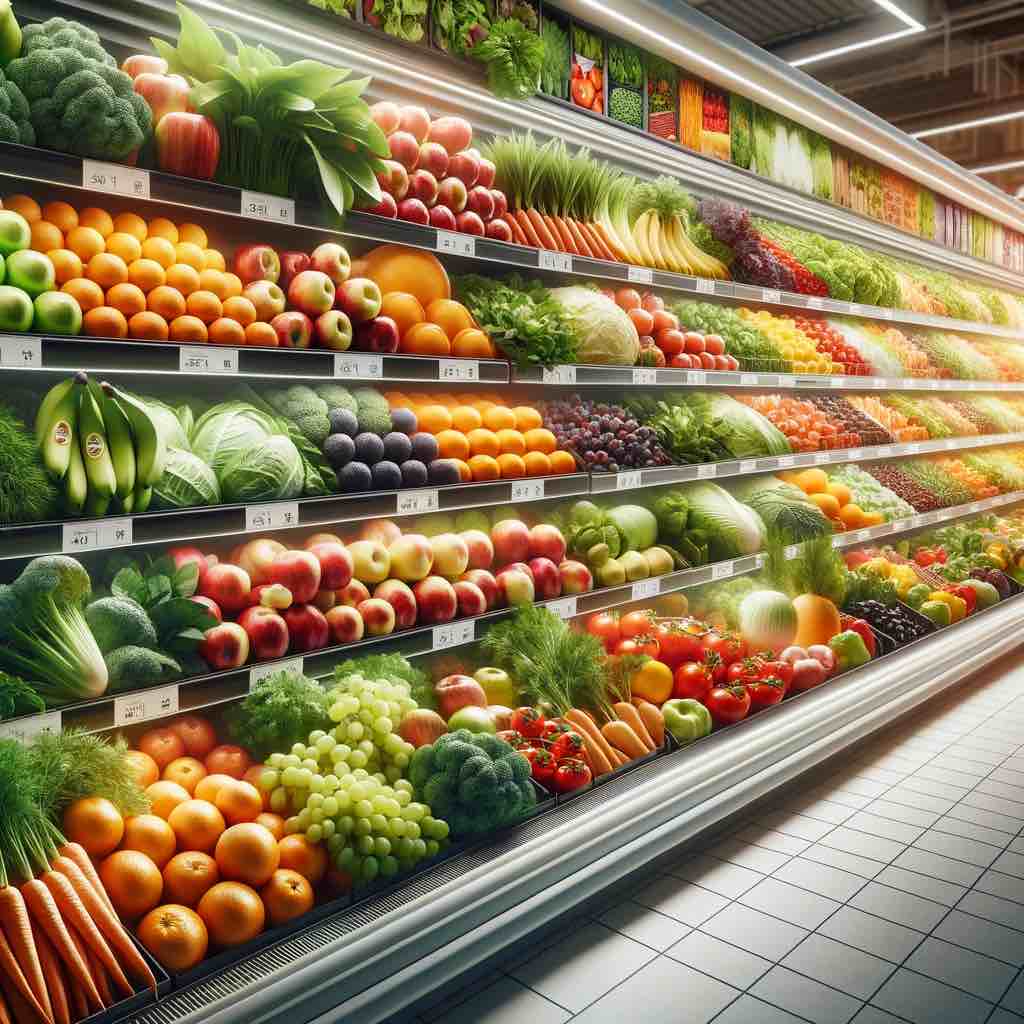
What’s Your Budget?
Conventional foods are the go-to when you have limited funds.
Restrictions or Physical Concerns
If you have specific health issues or dietary needs, organic may be a suitable choice.
Environmental Stance
You might lean towards food without synthetic pesticides if you’re concerned about protecting nature.
Steps for Making Food Choices
Read Labels
Whether choosing organic or conventional, always check the nutritional facts to understand the product.
Consult a Nutritionist
It would be helpful to seek advice from a healthcare provider for particular medical conditions.
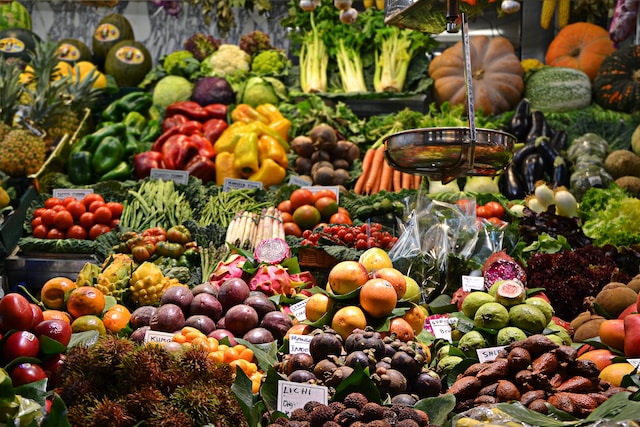
Expert Opinions
Dr Andrew Weil, a renowned physician and author, suggests that the benefits of organic food go beyond just nourishment and extend to environmental sustainability.
Marion Nestle, a professor of nutrition and public health at New York University, argues that while organic is better for the environment, it is not a magic bullet. And the nutritional differences between organic and conventional foods are minimal.
Walter Willett, professor of epidemiology and nutrition at Harvard T.H. Chan School of Public Health, stated that there is no strong evidence that organic food is more nutritional than conventional food. However, eco-farming practices could be convenient for the planet.
Kristine Groth-Marnat, professor of nutrition at the University of Minnesota, advised that if you’re on a tight budget, it’s okay to choose industrially farmed over organic foods. But if you can afford it, organics are a good option.
David Kessler, former Commissioner of the FDA, said that the most important thing is to eat healthy, whether organic or traditional.
We’ve laid out the facts; now the choice is yours. Organic foods offer environmental and potential health benefits, but they are on the pricier side. On the other hand, conventional foods are more affordable and widespread but may contain pesticide residues and have a higher impact on ecosystems. What are your thoughts? Have you noticed a difference in flavour, or do you have a preference for ecological reasons? Share your experiences and opinions in the comments below.


